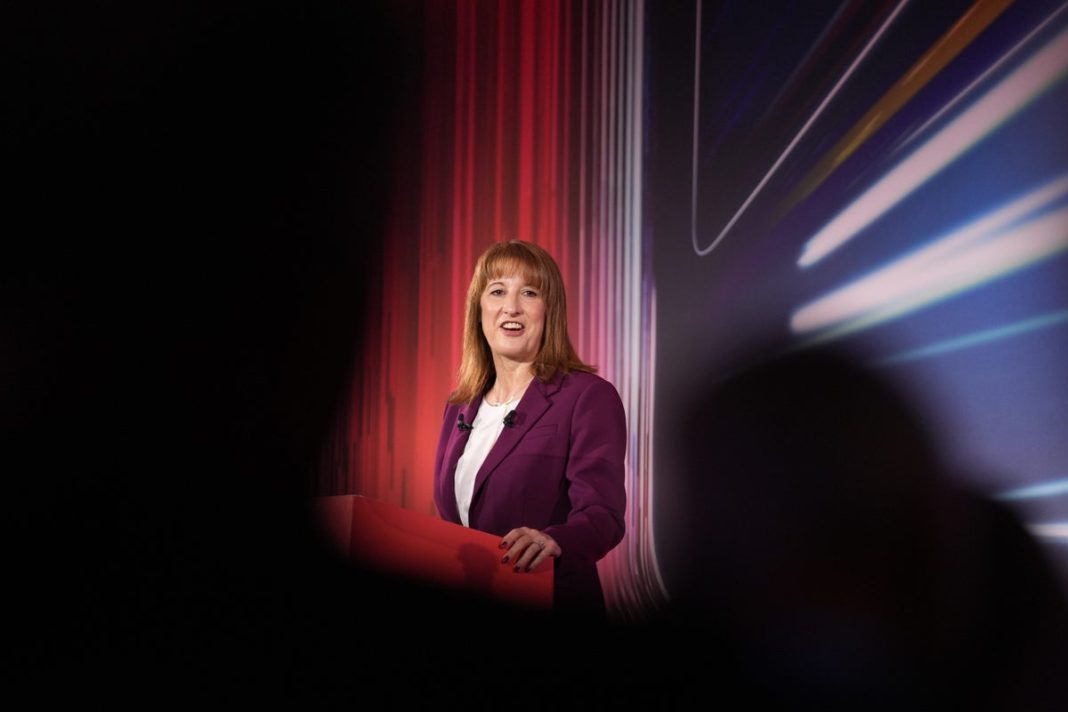Key Takeaways
- Chancellor Rachel Reeves faces challenging public finances ahead of November Budget
- Tax hikes on wealthy including mansion tax and income tax increases being considered
- Economists estimate £20-50 billion needed to meet fiscal targets
- Former Bank governor criticizes “back of a fag packet” approach to tax policy
Chancellor Rachel Reeves is preparing for her November Budget with public finances in a “challenging state,” according to Health Secretary Wes Streeting. The senior Cabinet minister acknowledged the economic pressures while hinting at potential tax increases for wealthy households.
Potential Tax Measures Under Consideration
Media reports suggest the Chancellor is evaluating several revenue-raising options. The Mail on Sunday revealed plans for a mansion tax that would impose a 1% annual charge on property values exceeding £2 million. This would mean a £10,000 yearly levy for homes worth £3 million.
Meanwhile, The Sun on Sunday indicated the government might consider a 2p increase to income tax, breaking from previous manifesto commitments.
Ministerial Response to Budget Speculation
Health Secretary Wes Streeting refused to engage with what he called “wild speculation about the Budget” ahead of Ms Reeves’ formal statement next month. Speaking to GB News, he stated: “We’re going to wait for the Chancellor to set out her Budget. People can see the public finances are in a challenging state.”
While acknowledging economic difficulties, Streeting pointed to positive indicators: “There have been some encouraging signs in terms of interest rates and the UK projected to be the fastest-growing economy in the G7.” However, he cautioned that “we’re not out of the woods yet.”
Fiscal Challenges and Economic Context
The UK recorded the fastest economic growth in the G7 during the first quarter of 2025. Despite this strong performance, International Monetary Fund projections suggest the United States will outpace Britain for the full year.
Ms Reeves faces the difficult task of raising taxes and cutting spending to address a significant shortfall in public finances. Economists estimate she needs to find between £20 billion and £50 billion to achieve her goal of balancing day-to-day spending with tax receipts by 2029/30.
The challenge is compounded by the Office for Budget Responsibility downgrading its productivity growth assessment. The Chancellor’s minimal fiscal buffer of around £10 billion could be easily depleted by minor forecast variations, forcing last-minute revenue measures.
Expert Criticism of Tax Strategy
Former Bank of England governor Lord King delivered sharp criticism of the government’s approach, describing it as “back of a fag packet” planning. He told Sky News: “You don’t solve that problem by just adding another wealth tax to it.”
Lord King advocated for a more systematic approach: “If Ms Reeves wanted to look at the tax system she should appoint a panel of experts to take time to examine the issues and come up with a coherent view.” He emphasized that current methods represent “not a coherent tax strategy” and called for more thorough planning.
The Chancellor will deliver her crucial Budget statement on November 26, with all eyes on how she navigates these complex fiscal challenges.




